In one of Tessa Hadley’s piercingly smart and subtle tales, a woman whose upwardly-mobile path has taken her from Leeds to Philadelphia works for a firm that manufactures instruments to test the “tensile strength” of materials. You can treat the Hadley short story as that sort of device in itself. Precision engineered and finely calibrated, it stress-tests not only marriages and affairs but memories, desires, even identities, with episodes of crisis and discovery that reveal each fault-line or fracture. The reader marvels at the almost scary exactitude – but relishes the steel-edged finesse.
Bad Dreams, her third collection of short fiction, joins a shelf that also contains six novels: from Accidents in the Home to The Past. It enriches a body of work that grows in stature and renown with every volume. With their forensic attention to the lives of mainly middle-class women (and men) in provincial places such as Bristol and Cardiff, and their unabashed insistence on domestic experience as a theatre of heroic struggle or epic disaster, her books belong in a tradition that critics undervalue at their peril. A certain kind of avant-garde dogmatist – let’s call him Mr Macho Modernist – used to sneer at fiction with this scope and focus. But Mr Macho Modernist is fast going the way of the dinosaurs, and a glance at the A-list endorsements for Bad Dreams – from Zadie Smith, Chimamanda Ngozi Adichie and Hilary Mantel – indicates that his influence has, rightly, dwindled to zero.
Besides, a superficial view of Hadley as the filigree chronicler of bourgeois British discontents ignores the deep vein of subtle reflection – on the passage of time, the nature of gender difference, the intersections between class, history and individual personality – that pulses through her work. These small-scale, high-energy dramas of turning-points and breaking-points often pivot around those moments when her heroines feel most acutely the thrills, and pains, of wider social change.
Take “Flight”, in which expat executive Claire drops in unannounced on her family in a Leeds terrace. In her disruptive homecoming, she re-ignites a deadly sibling rivalry which has turned toxic with what the social philosopher Richard Sennett calls “the hidden injuries of class”. As ever, Hadley gets the telling decor of the railway-worker’s cosy house just right: “the same old sunburst clock – against the Anaglypta wallpaper above the gas fire with its teak surround”. She makes these physical survivals from the past into outward signs of the tenacious resistance of old selves, and old societies, to the shock of the new. Reliably, she fixes fleeting sensations with unobtrusive virtuosity. When Claire meets a niece who has recently given birth, she smells “that sweat of new motherhood… not quite unpleasant, milky and salty and frowsty". And she offers even-handed, cool-eyed sympathy. Neither insecure, high-flying Claire nor her resentful sister Susan, who has stayed at home and “somehow drifted into becoming a good girl”, bears the brunt of any blame.
As bodies, customs and cultures evolve, Hadley’s protagonists plunge into what one teenager thinks of – after a surprise deflowering in suburbia – as “the mystery of her changed life”. Whether girls, young women or even naive divorcees, as in the case of Laura in “Experienced”, they yearn to “cross the threshold and be initiated into real life”. Inevitably, that new reality will trip them up with its delusions and disappointments. Still, across the threshold they may well find not some fairy-tale land of liberation but Laura’s modest reward: “hard, bleak, grey, satisfactory freedom”.
That freedom changes its costume and its colour according to the calendar. In addition to stories in a contemporary setting (Laura tangles with a web-designing philanderer, a veggie cyclist who cooks organic food), Hadley returns to cusps of transition in the Sixties and Seventies. Here vintage styles – in the mind, as much as on the wall – clash with more garish fashions. In “An Abduction”, set in the early Pink Floyd era, Jane loses her virginity at 15 in a Surrey summer haze of lust and dope. Later, she will take on board “all the usual Tory disapproval towards drugs and juvenile delinquency and underage sex”. However, the smell inside an old red phone box – “dank and mushroomy and faintly urinous” – will forever “turn Jane’s heart over in erotic excitement”.
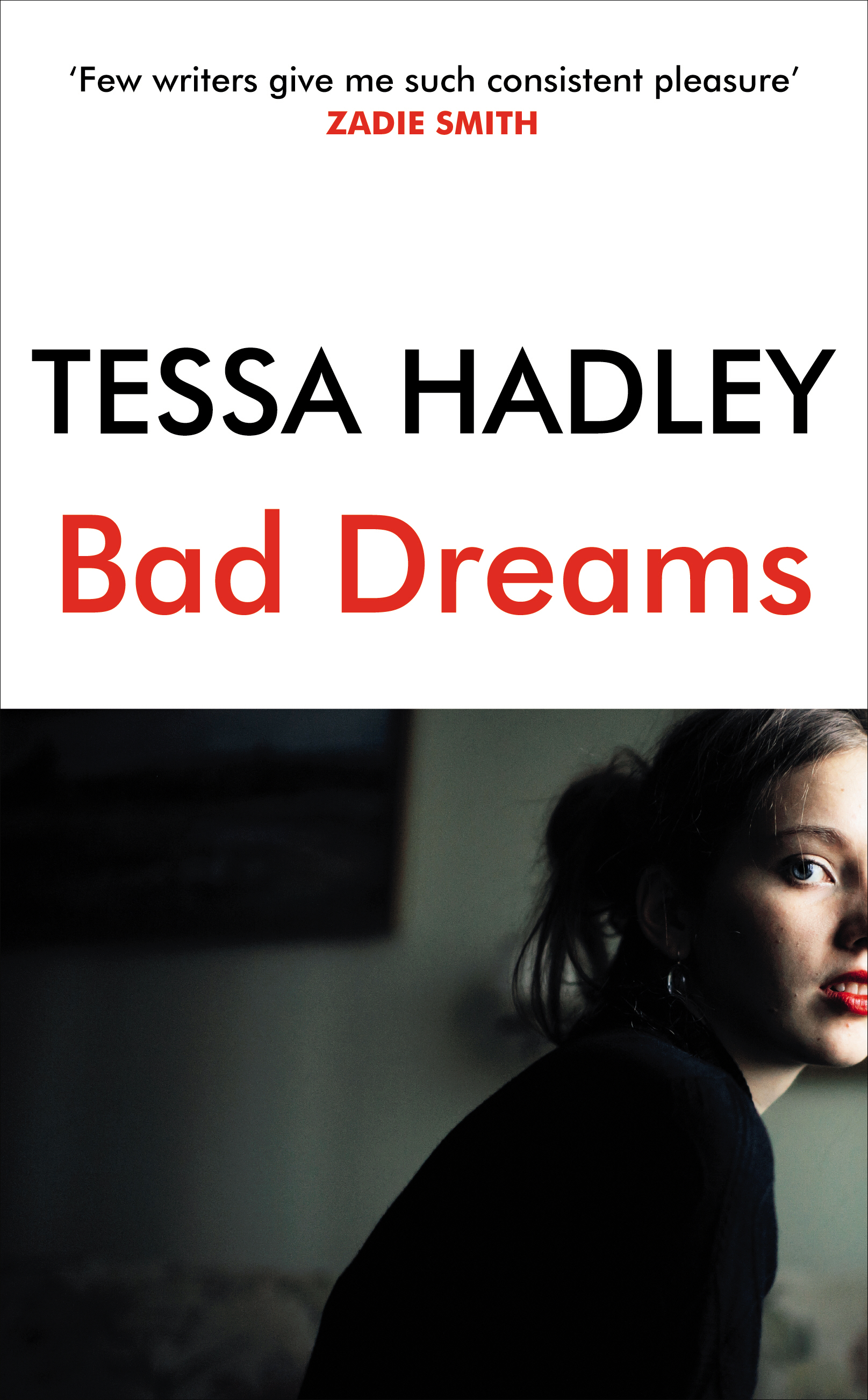 Some of Hadley’s most shattering scenes take place as children or adolescents come into the “terrible knowledge” that will stay with them and fix a future self. Not that she bothers with simple, clear-cut epiphanies of the sort that a creative-writing tutor might advocate. In the title story, set in a cramped Look Back in Anger milieu of jazz, DIY dressmaking and earnest self-improvement in shabby flats, a young girl dreams of a “litany of deaths” that soaks the characters from her beloved Swallows and Amazons in a bloodbath. After the girl’s nightmare smash into the idea of mortality, Hadley twists the knife again. Via a tragic misconstrual worthy of Thomas Hardy, this bad dream will drive her parents’ once-happy marriage towards “a long tunnel of antagonism”. Hadley shows us how this local anguish belongs to its era, and the scarcely sayable frustrations of a home-bound housewife even in a progressive, freedom-seeking family. Other times, other torments.
Some of Hadley’s most shattering scenes take place as children or adolescents come into the “terrible knowledge” that will stay with them and fix a future self. Not that she bothers with simple, clear-cut epiphanies of the sort that a creative-writing tutor might advocate. In the title story, set in a cramped Look Back in Anger milieu of jazz, DIY dressmaking and earnest self-improvement in shabby flats, a young girl dreams of a “litany of deaths” that soaks the characters from her beloved Swallows and Amazons in a bloodbath. After the girl’s nightmare smash into the idea of mortality, Hadley twists the knife again. Via a tragic misconstrual worthy of Thomas Hardy, this bad dream will drive her parents’ once-happy marriage towards “a long tunnel of antagonism”. Hadley shows us how this local anguish belongs to its era, and the scarcely sayable frustrations of a home-bound housewife even in a progressive, freedom-seeking family. Other times, other torments.
Our emotions, even our passions, will settle down in “sedimentary layers”, like the encrusted strata of Victorian rock and brick that a fellow-passenger points out to Greta in a cutting outside Liverpool Lime Street station. In this story, “Under the Sign of the Moon”, Greta digs down into her own interior geology, only to discover that tremors, if not earthquakes, can happen at any age. As in the cluttered rooms of a run-down Georgian house in the Bristol of 1953 (in “Silk Brocade”), the past and the present co-exist not as neatly divided compartments but “simply jumbled together”. In this world shadowed not just by wartime trauma but risks specific to the age – polio, diphtheria – dress-designer Ann believes that “if only you could find the right clothes you could become whatever you wanted, you could transform yourself”. These superb stories tell us otherwise.
- Bad Dreams by Tessa Hadley is published by Jonathan Cape, £16.99

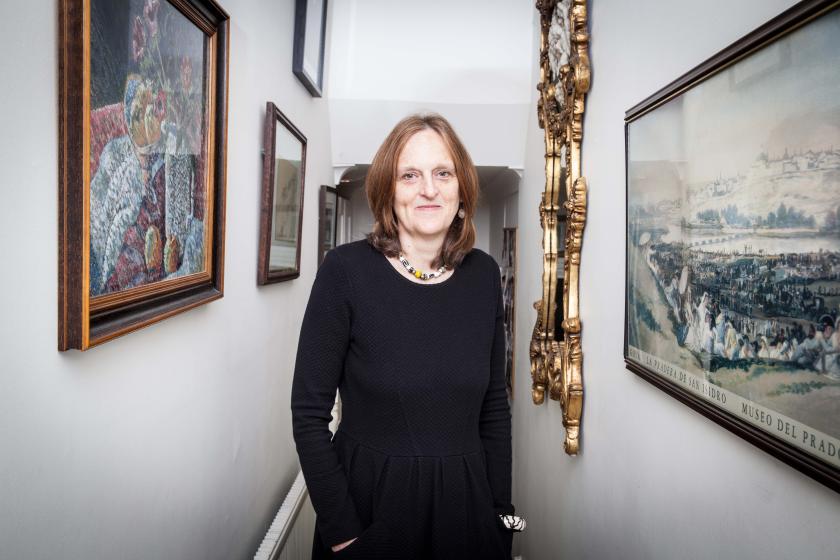


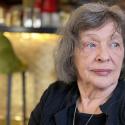
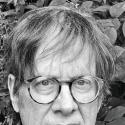




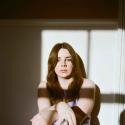


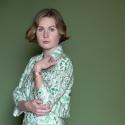
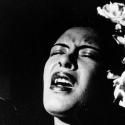
Comments
Add comment